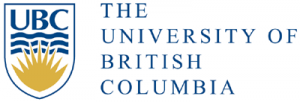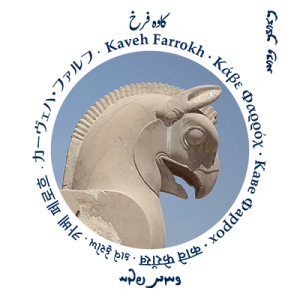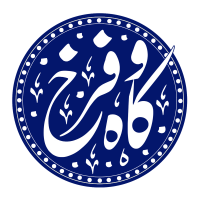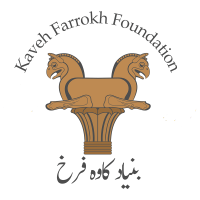 Kaveh Farrokh has been a lecturer and reader of ancient history teaching at UBC in 2004-2018 (kindly click here). He is now a Professor of History at Methodologica Universitas at the Départment de Méthodologie des Sciences Historiques and Academic Advisor for Analytica Iranica: The Multidisciplinary Journal of Iranian Studies.
Kaveh Farrokh has been a lecturer and reader of ancient history teaching at UBC in 2004-2018 (kindly click here). He is now a Professor of History at Methodologica Universitas at the Départment de Méthodologie des Sciences Historiques and Academic Advisor for Analytica Iranica: The Multidisciplinary Journal of Iranian Studies.
See examples of courses provided for the University of British Columbia’s Continuing Studies since 2004:
- Summer 2005: A Persian Tapestry – Description: Part of a lecture series taught by several Iranologists. Farrokh’s lectures focus on the concise history of three pre-Islamic empires of Persia; the Achaemenid, Parthian and Sassanian dynasties. Emphasis placed on the military history of this era, especially in Persia’s wars with the Greco-Roman world to the West and nomadic warriors in Central Asia. Also discussed are the architectural and artistic developments of Persia across the three pre-Islamic dynasties. followed by the Islamo-Arab conquests of Persia.
- Fall 2009: Persia and World Civilization: A Silent Legacy – Description: This course trace the extent of Persian influence in China, India, Islam and Europe with specific examples such as the city palace of Persepolis and her legacy in Merovingian and Gothic arts; the dress of the Iranian nobility at the time of Darius the Great, and its later appearance among the Germanic Ostrogoths and Polish Szlachta; and Persian miniatures and their influence on Indian and Turkish arts.
- Summer 2011: Persia’s Silent Legacy in Christianity & European Culture – Description:This course explores the legacy of Persia in Judeo-Christianity (e.g. in concepts of Good versus Evil, Heaven and Hell, the resurrection and the Apocalypse), its profound impact upon European culture and folklore such as the Legend of King Arthur and the Knights of the Round Table, and its powerful influence in European architecture, artistry, music and clothing.
- Spring 2013: The Forgotten Gifts of Persia – Description: Learn about the forgotten contributions of Persia to world civilization in the realm of technology and architecture. Topics include the worldʼs first movies, the artificial eye, the battery, aqueducts, refrigeration and air-conditioning systems, windmills, pontoon bridges and the worldʼs first hospital and medical university, as well as examples of the influence of Persian architecture in China, India, Rome, Western Europe, and throughout the Middle East.Summer 2014: Ancient Inventions that Changed the World
- Summer 2014: Ancient Inventions that Changed the World – Description: This course provides a general overview of inventions from ancient times (c. 20,000 BCE) to the Middle Ages (c. 1500s CE) that have profoundly affected the course of human civilization. Domains discussed are agriculture, transportation, urban life, medicine, machinery, communications, leisure and sports, cuisine, personal effects, and military technology. The epilogue of the course will conclude with an overview of the inventive genius of Leonardo da Vinci.
- Fall 2014: The Silk Route Origins and History – Description: The origins and history of the east-west Silk Route that connected the empires of Asia, Central Asia, Persia and the Romano-Byzantine West, as well as the lesser-known north-south route that connected Persia, the Caucasus and East- Central Europe. Emphasis will be placed on the development and transfer of the arts, music, culture, mythology, cuisine, and militaria. The peoples of the Silk Route from China across Eurasia, Central Asia, Persia to Europe are also examined.
The University of British Columbia’s Faculty of Arts announced the publication of Farrokh’s third book, Iran at War: 1500-1988, on May 31, 2011 on Twitter. For more on Iran at War, kindly click here. Since 2011, Farrokh has published four more books – see here for more …
The University of British Columbia’s Asian Studies program gave a strong tribute to Kaveh Farrokh acknowledging his long association with the University of British Columbia (UBC) – kindly see video showing the distinguished Professor Harjot S. Oberoi of the UBC Asian Studies program who is a world-class historian at the University of British Columbia’s Asian Studies program.
Professor Harjot S. Oberoi of the UBC Asian Studies program introduces “An Evening with Dr. Kaveh Farrokh – Sassanian Architecture” (Monday March 12, 2011). This talk was given as part of the overall drive to promote support for the University of British Columbia’s Iranian Studies and Persian language initiative.



